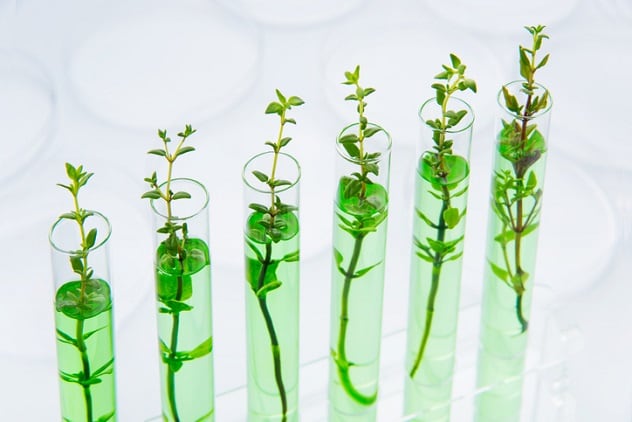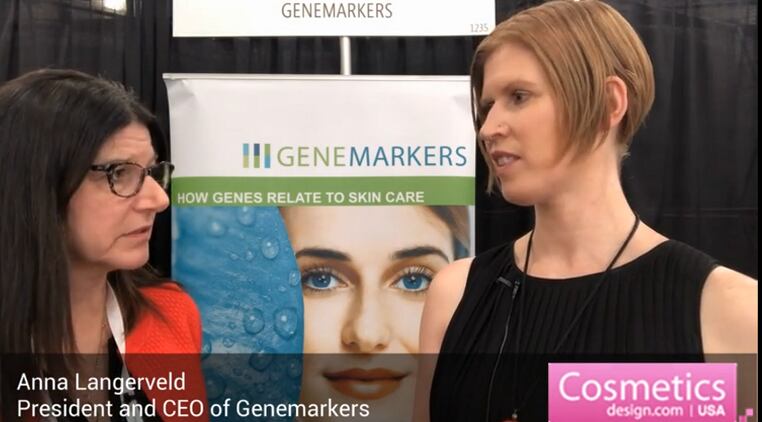Transgenic gene editing refers to a process or technology that adds in one or more genes that are not naturally occurring in a given plant or microorganism.
While non-transgenic gene editing technology is basically rearranging or replicating genes that do naturally occur within the organism. And it’s one type of gene editing that is considered non-GMO in certain commercial markets.
The new Cibus patent
In April, Bermuda – based Cibus received a patent for technology the company likens to manual cross-breeding of plants. In a media release issued at the time, Cibus describes that tech as “precision gene-editing technologies when a Clustered Regularly Interspaced Short Palindromic Repeat (CRISPR) nuclease is used in combination with its Gene Repair Oligonucleotide (GRON) to enable the editing of DNA.”
And the patent Cibus received this month extends upon that same concept. According to the company’s most recent press release, “The new patent encompasses Cibus methods for using its proprietary Gene Repair Oligonucleotide (GRON) in combination with specialized enzymes called nucleases, such as a Clustered Regularly Interspaced Short Palindromic Repeat (CRISPR) nuclease or Transcription Activator-Like Effector Nuclease (TALEN). The nuclease acts as molecular scissors to enhance the editing of DNA in combination with the GRON to produce a targeted genetic change in the plant without incorporating any foreign matter.”
In his remarks to the press, Dr. Peter Beetham, co-founder and CEO of Cibus commented, “The issuance of this new patent further protects Cibus innovation, validates our work and extends our lead in developing completely non-transgenic traits for the world's most essential crops.”
The value to beauty makers
Cibus works with food and other commodity crops, some of which have applications in cosmetics and personal care either as crops or via waste or biproduct streams. Right now, the company has canola, rice, flax and potato platforms and is working towards platforms for wheat, corn, soy, and peanuts.
Beetham believes that platforms like these “are critical to the future of farming, helping to produce natural, non-GMO food using fewer pesticides and in rapidly changing climates.” And that the company’s latest “patent represents another major endorsement of Cibus' pioneering role in advancing gene editing by the agency with the most intimate knowledge of the technology.”
In its work with plants, the company edits an organism’s genes to achieve traits such as herbicide tolerance, abiotic stress tolerance, allergen-free plant oils, etc.
Cibus, though, works not only with the genes of plants but with the genes of microorganisms as well—the sort of biotech that is increasingly common in personal care ingredient production. According to the Cibus site, “In addition to plants, the RTDS [Rapid Trait Development System] platform is broadly applicable in all microorganisms, including yeast, bacteria and fungi. Our subsidiary, Nucelis, is employing the technology platform to produce high value specialty ingredients for the nutrition, personal care, and flavor and fragrance industries.”
---

Deanna Utroske, CosmeticsDesign.com Editor, covers beauty business news in the Americas region and publishes the weekly Indie Beauty Profile column, showcasing the inspiring work of entrepreneurs and innovative brands.




